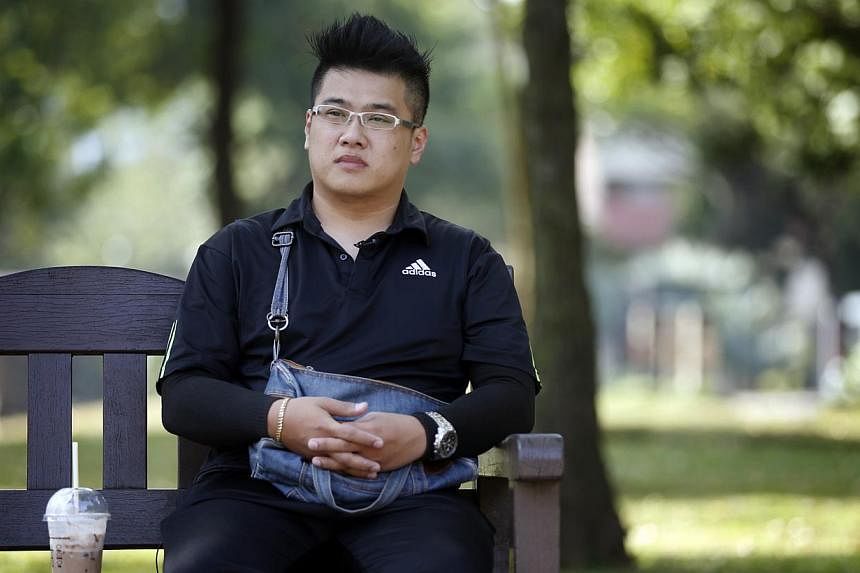Middle-income families in Singapore continued to feel the squeeze last year.
They saw the slowest rise in their monthly real incomes, compared with households at the top and bottom, going by the latest official figures.
Wages for households in the middle 60 per cent of income earners here rose an average of less than 5 per cent last year from 2013, after adjusting for inflation.
This compares to a 5.9 per cent average gain in real wages for the bottom 20 per cent of households, and a 6.2 per cent average rise in incomes for the top 20 per cent, according to the Department of Statistics' latest annual Key Household Income Trends survey.
The lag in salary increases for middle-income households continues a trend seen in four out of the previous 10 years.
It worries sociologists and observers as this group, who form the bulk of the community, is generally viewed as helping to maintain society on an even keel.
Noting that the report comes one week before the Budget statement on Monday, experts expect to see Finance Minister Tharman Shanmugaratnam unveil some measures tailored for the middle class.
The measures are likely to include a wide-ranging SkillsFuture initiative to help upgrade the skills of workers, especially those whose jobs are being made less relevant by globalisation and technological advances.
These forces affect middle-income earners the most, creating a "hollowing out" effect as opportunities decline and jobs disappear, said National University of Singapore (NUS) sociologist Tan Ern Ser.
Fellow NUS sociologist Paulin Straughan noted that the household income trends report also showed that the Gini coefficient - a measure of income inequality - rose last year.
"For any kind of social stability, the middle group is the one you want to look after, as it is the group that is going to say they are active stakeholders with investments in infrastructure, and therefore won't want to rock the establishment," she said.
Political observers expect the Government to introduce a slew of subsidies and schemes under SkillsFuture - a critical plank of this year's Budget - that aims to help workers master skills that will remain in demand and, hopefully, lift wages.
"There has been much anticipation that the Budget will focus on the middle-income group," said DBS economist Irvin Seah.
"Details of the SkillsFuture scheme will pay special attention to enhancing industry-specific skills."
West Coast GRC MP Foo Mee Har, who had called for greater protection and support for professionals, managers and executives in Parliament, expects employers to play a big role in SkillsFuture, as companies collaborate with the Government to identify industry skills that they foresee will stay in demand.
NTUC assistant secretary-general Patrick Tay, who has called for individual Skillsave learning accounts for every Singaporean, is hopeful for new initiatives that will coax Singaporeans to pick up a second skill on their own.
"It can be any skill which is relevant and they are passionate about," said Mr Tay, who is also an MP for Nee Soon GRC.
One longstanding obstacle to upgrading workers' skills is that small and medium-sized enterprises run lean outfits and cannot afford to release staff for long periods of external training.
To get around this, the Government should create a pool of transient workers - made up of new retirees, tertiary students and mothers returning to work - to step in as necessary, said Ms Straughan.
"This will make it more palatable for companies to invest time and money in training their staff, rather than look for a quick fix by hiring from the outside and parachuting them in," she said.


